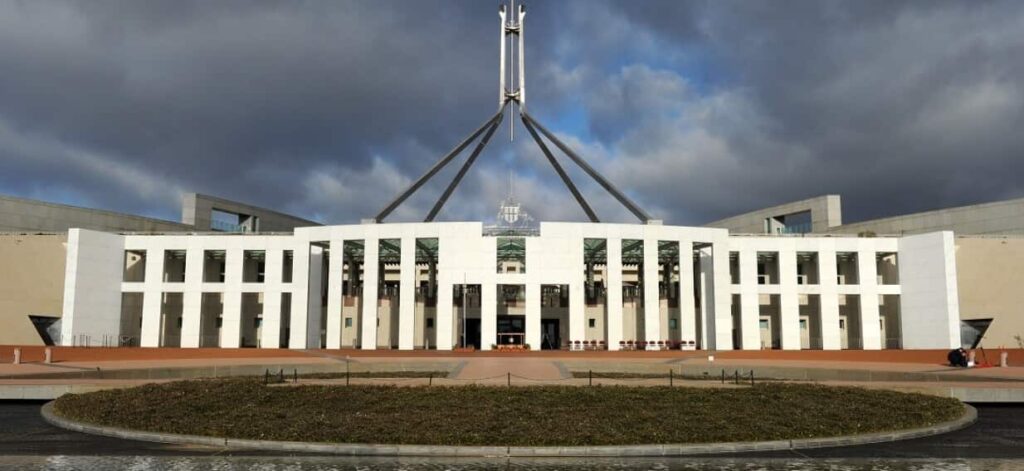
The Australian government has introduced legislation that would permit the waiver of procedural fairness for non-citizens facing deportation to third countries. This proposal, spearheaded by Home Affairs Minister Tony Burke, has drawn sharp criticism from various human rights organizations. On October 5, 2023, these groups released a joint statement condemning the bill, which was presented to parliament earlier in the week.
The proposed changes would effectively suspend the rules of natural justice concerning “third country reception arrangements.” This means that the government would no longer be obligated to provide a fair hearing or take individual circumstances into account when deporting non-citizens. Nonetheless, the legislation would maintain the right to procedural awareness in cases relating to visa cancellations or refusals.
Burke defended the bill, stating, “Procedural fairness is a fundamental principle in many areas of decision-making; however, these provisions can and are being used by non-citizens to frustrate their removal at cost to the Commonwealth in circumstances where it is neither necessary nor appropriate for it to continue to apply.” He emphasized that the changes primarily target non-citizens who have exhausted all legitimate avenues to remain in Australia and for whom removal is the only viable option under Australian law.
The government’s aim includes resettling three individuals in Nauru who were released due to a significant High Court decision, but their deportation has faced delays since February due to ongoing legal challenges. Burke stated that the purpose of the new law is to facilitate swift and effective removals. He asserted that all individuals impacted by these decisions would have previously accessed full visa application processes, merits reviews, judicial reviews, and ministerial intervention opportunities.
Concerns raised by human rights advocates revolve around the practical implications of the proposed powers. Sanmati Verma, legal director at the Human Rights Law Centre, expressed apprehension regarding the potential deprivation of fair notice and the opportunity for individuals to present their cases before deportation. “It would deprive people of fair notice and a fair opportunity to make their case before they are deported to a third country under the government’s new powers,” she stated. Additionally, she highlighted that individuals could face imprisonment if they do not comply with deportation notices.
Verma further questioned whether critical factors such as health status, protection needs, and personal circumstances would be considered before deportation. She pointed out a significant misunderstanding involving the three men scheduled for deportation to Nauru, where the government misinterpreted health details and nationalities.
Another aspect of the proposal that raises alarm is the potential for retrospective criminality, which could criminalize actions that were not illegal at the time they occurred. Sarah Dale, centre director and principal solicitor at the Refugee Advice and Casework Service, noted the implications of this retrospective nature, stating that it is a concern for lawyers across Australia.
Dale recounted a case where a man was issued a removal notice to Nauru, and the courts determined that his previous legal proceedings were flawed, impacting his ability to be removed. “The fact that the government is looking to legislate around these court decisions is incredibly alarming,” she remarked.
The legislation has also been criticized for setting a “dangerous precedent.” Jana Favero, deputy CEO at the Asylum Seeker Resource Centre, emphasized that mistakes in procedural fairness can occur, and everyone should be allowed to exhaust all legal avenues. Favero accused the Albanese government of systematically targeting the rights of vulnerable populations in Australia, linking the new bill to previous legislation that expanded the powers of immigration officials to facilitate deportations.
Opposition leader Sussan Ley labeled the bill as “rushed, secretive, and chaotic,” asserting that the Coalition was only briefed on its contents on the day it was introduced. She criticized the government for how it manages policy on crucial national security issues.
As the debate continues, the Department of Home Affairs has been approached for comments regarding the proposed legislation and its implications. The legislation represents a significant shift in how Australia may approach the deportation of non-citizens, raising fundamental questions about fairness, justice, and human rights.






